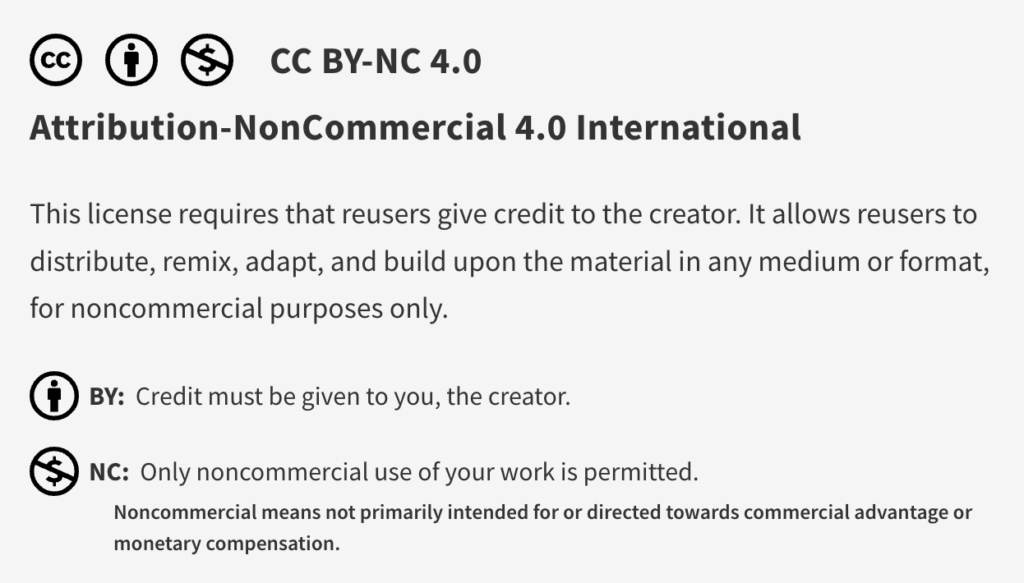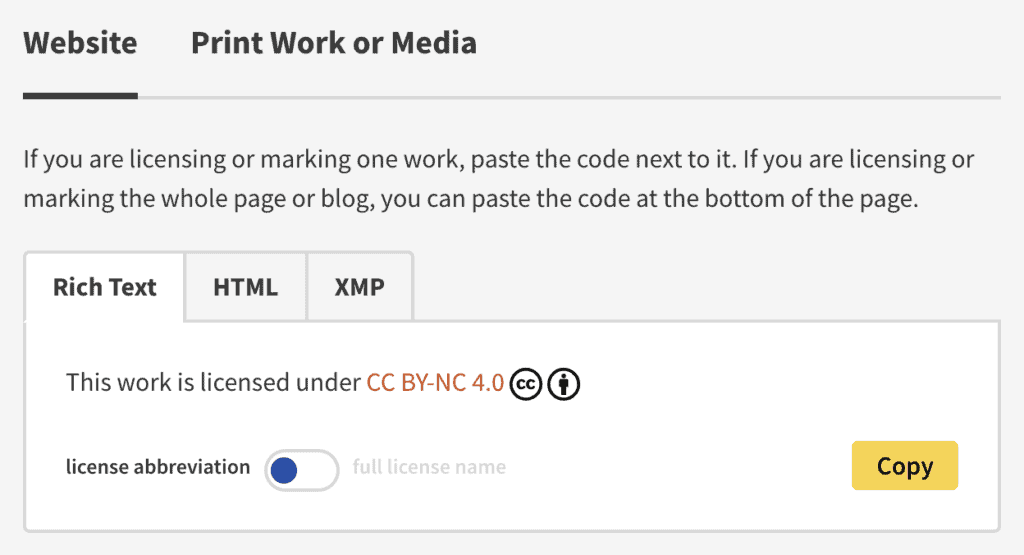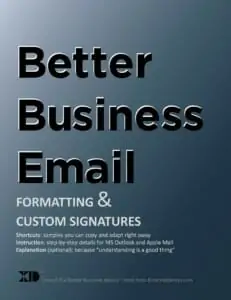In the beginning of “personal microcomputing,” much of the collective genius was expressed in tangible computer code. In the spirit of the times, much code of great value was offered without copyright, intentionally, to feed and encourage the growth of the entire field. We ourselves even published pages (and pages) of code that, in those days, readers had to manually re-type into early-days text editors.
Fast-forward: copyrighting code is more routine, but people still want to be able to publish, share, and build upon one another’s work. Among the reasons for this change, not least is that so many contributors to the collective expertise looked up one day to see that fortunes had been made on the basis of their (often unattributed) work, collective or otherwise.
There are parallels in any field where the vital sharing of knowledge and tools must be balanced with the rights of their creators. If that is what the creators wish.

There is a tool for retaining copyright while specifying certain types of permitted use, including derivative works and whether the original creator retains credits or other rights. The convenient phrase for the concept is copyleft.
Richard Stallman was kind enough to coach us through copyleft some years ago. Even then, we thought he must have better uses for his time, considering the huge number of projects bearing some kind of copyleft statement.
Problem? Solution: if Creative Commons offers a license that suits your requirements, or can be adapted to do so, their new license-selection tool guides your decision in a surprisingly simple fashion. In a few clicks, you may specify things such as:
- If your work (of any copyright-able kind) is reused, do you want your credit to be preserved?
- Can your work be used for commercial purposes?
- Can others remix, adapt, or build upon your work?
- Must any adaptations you permit retain your original license?

You enter the copyright holder’s name and a few details, then the system generates Creative Commons license wording in several formats, useful for both web and print purposes.
TIP: It is simple to exercise the system, with no registration. They state clearly that none of the information you enter is stored on their servers.
